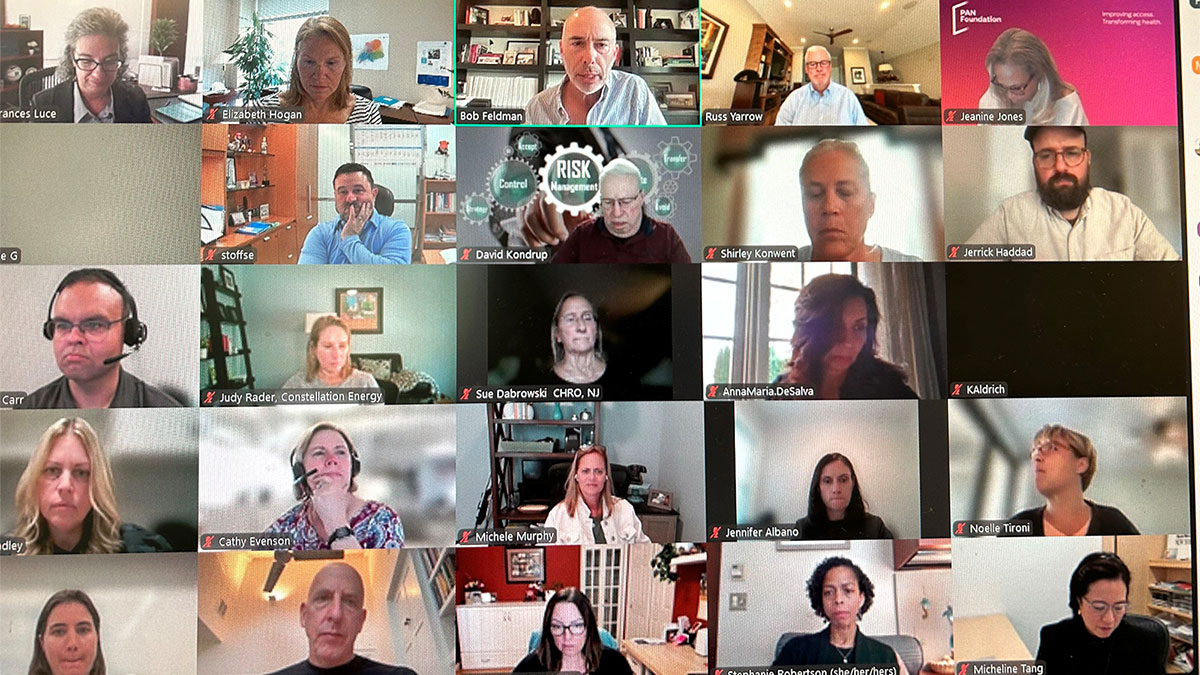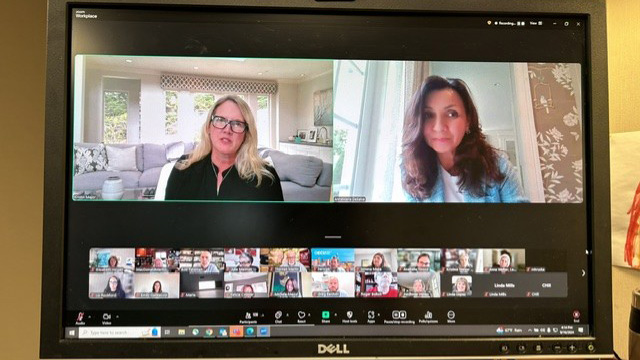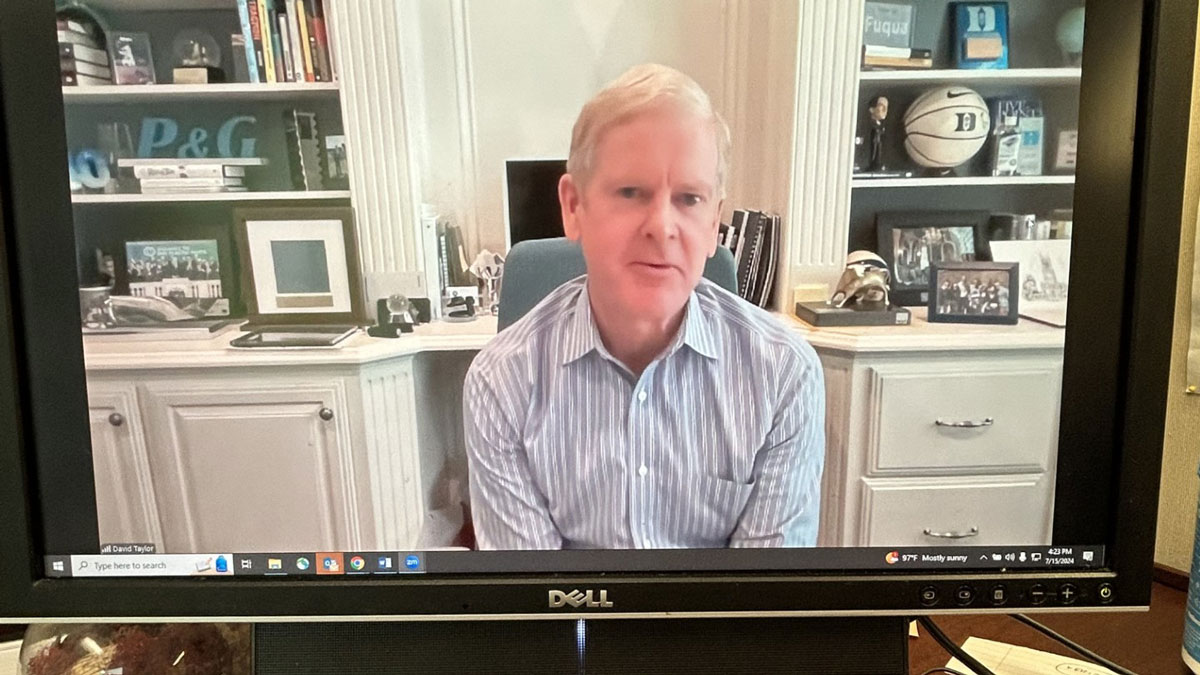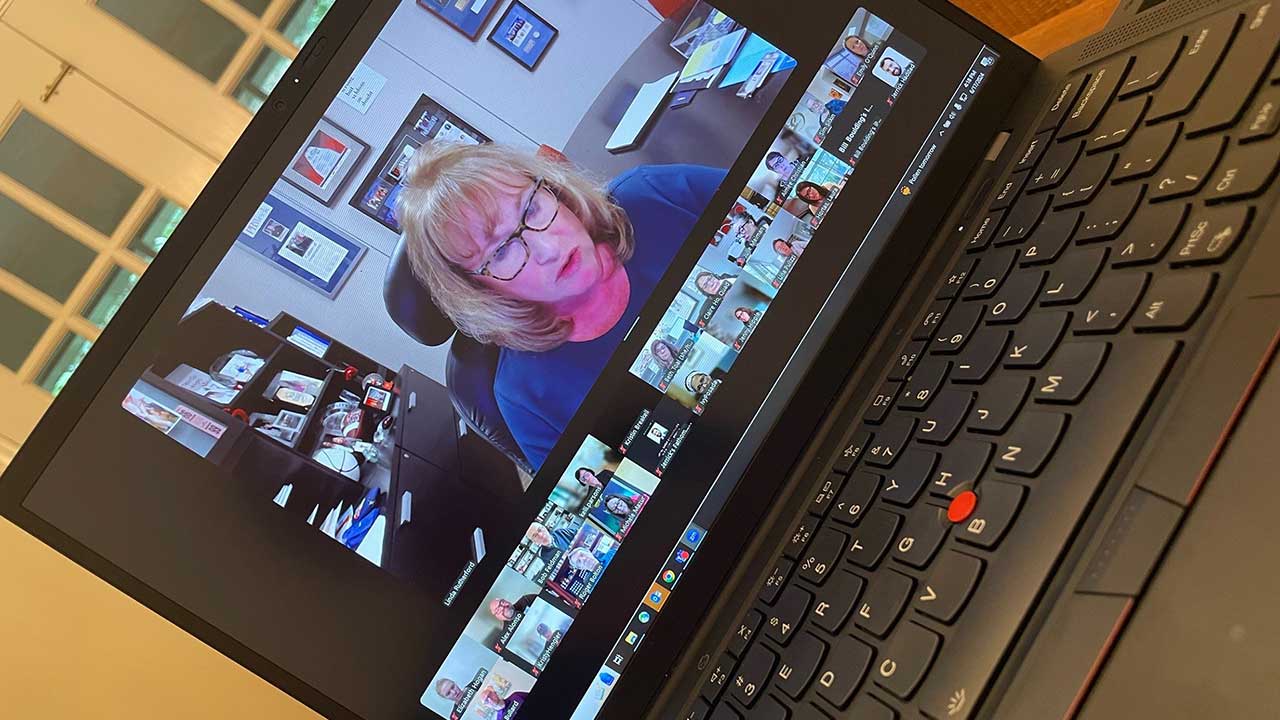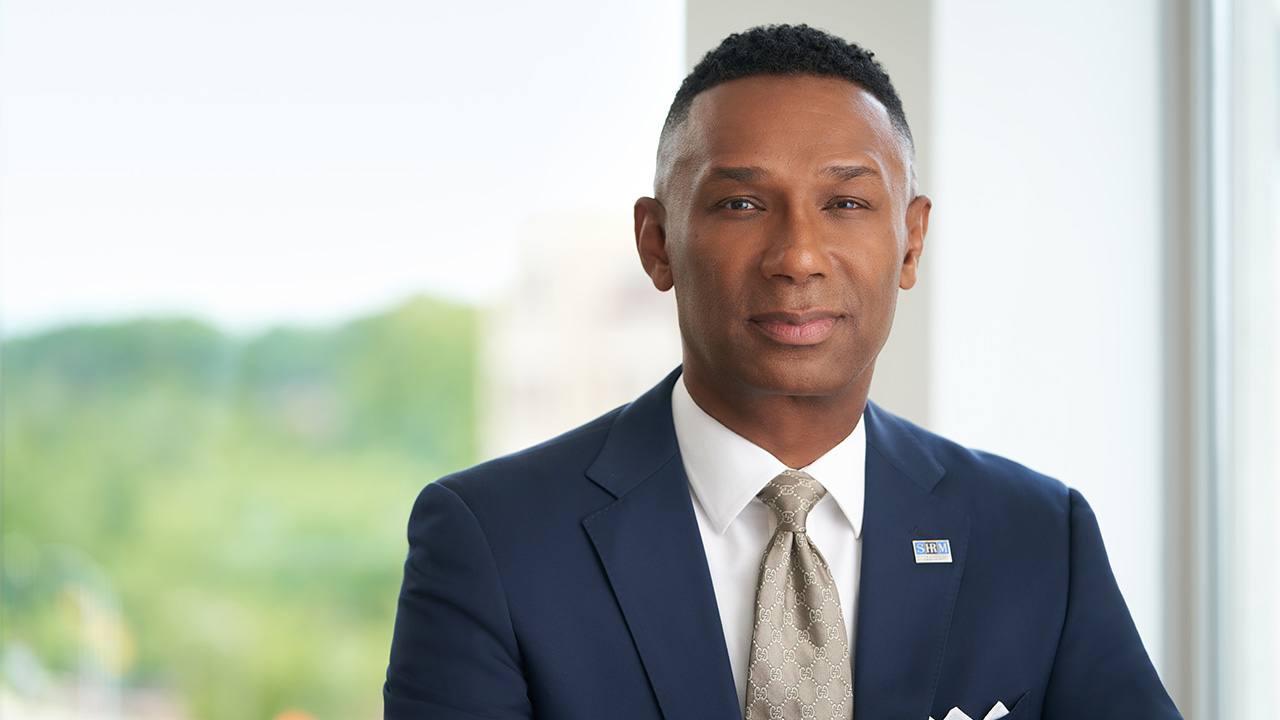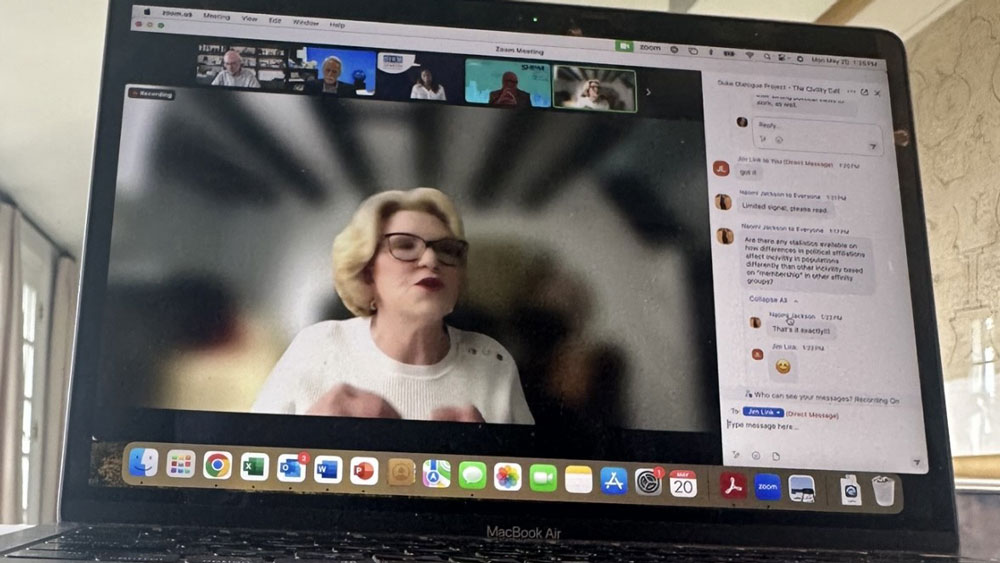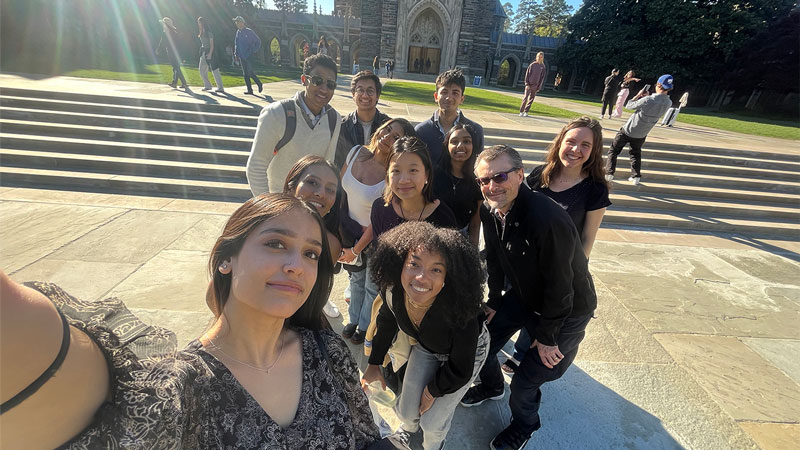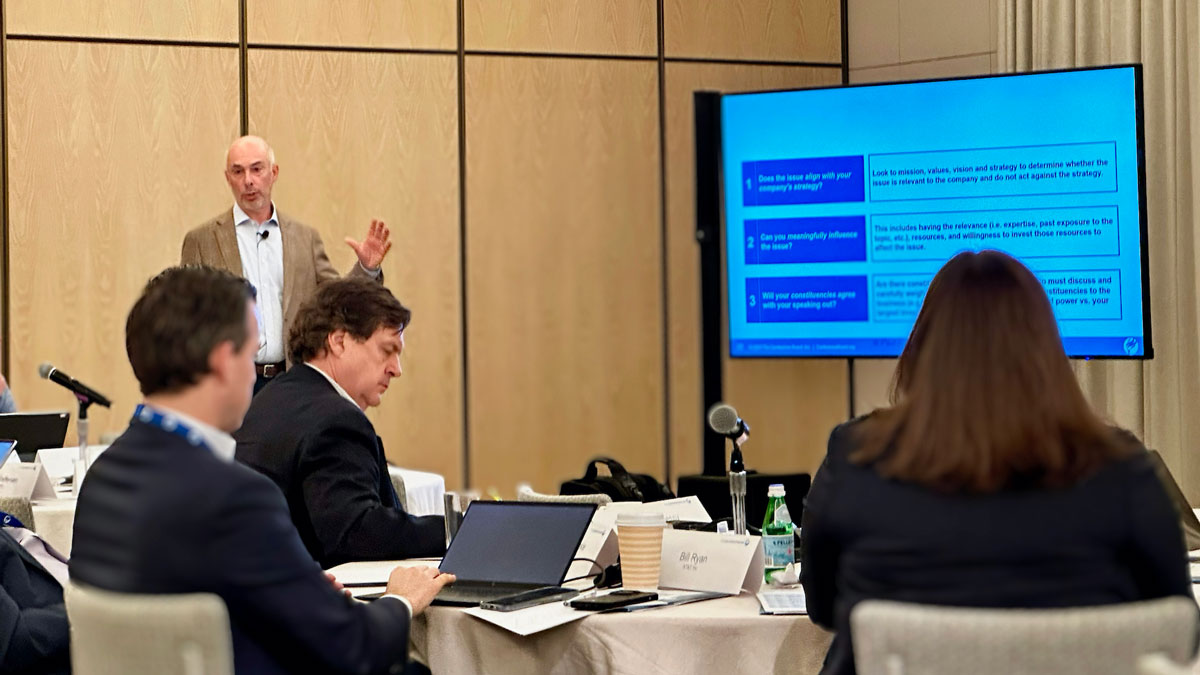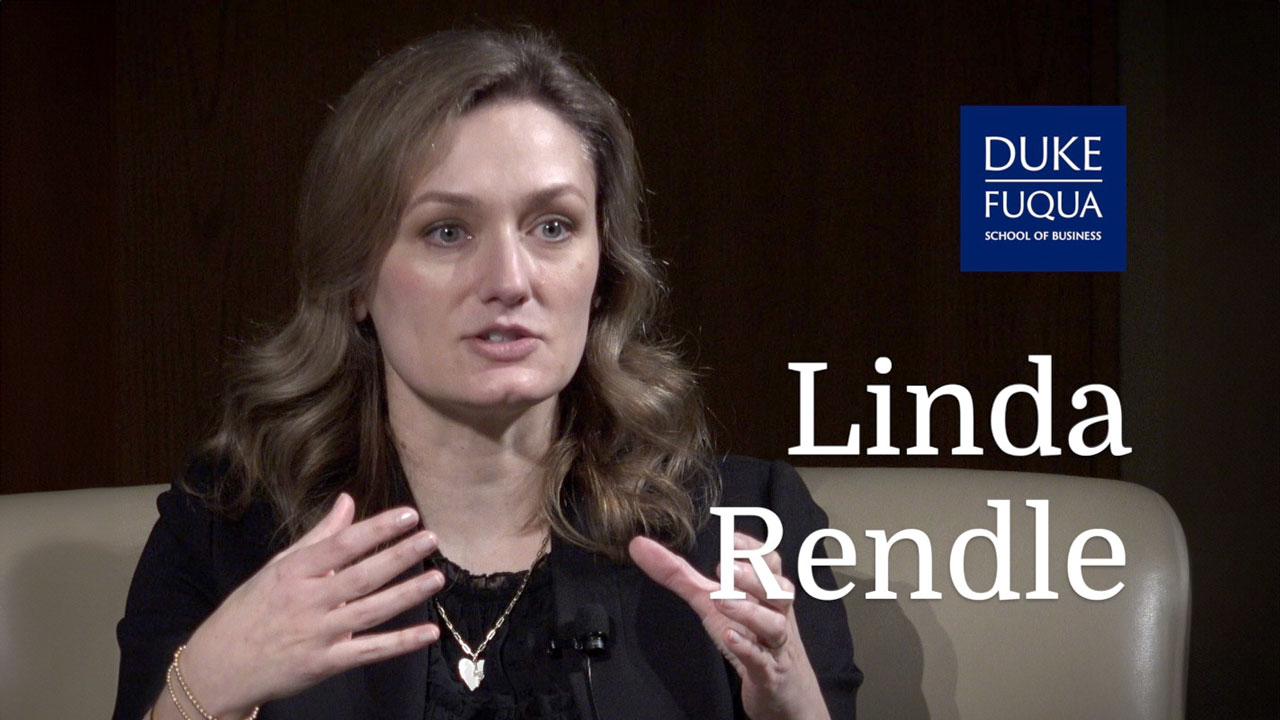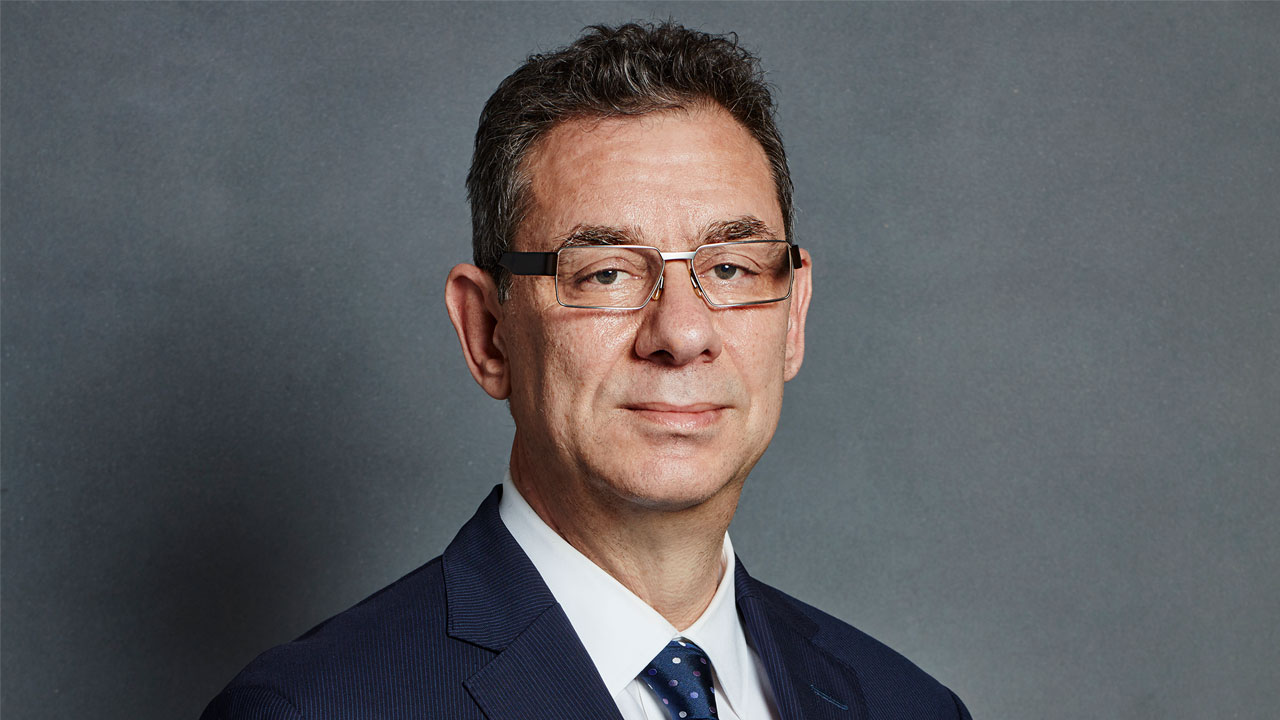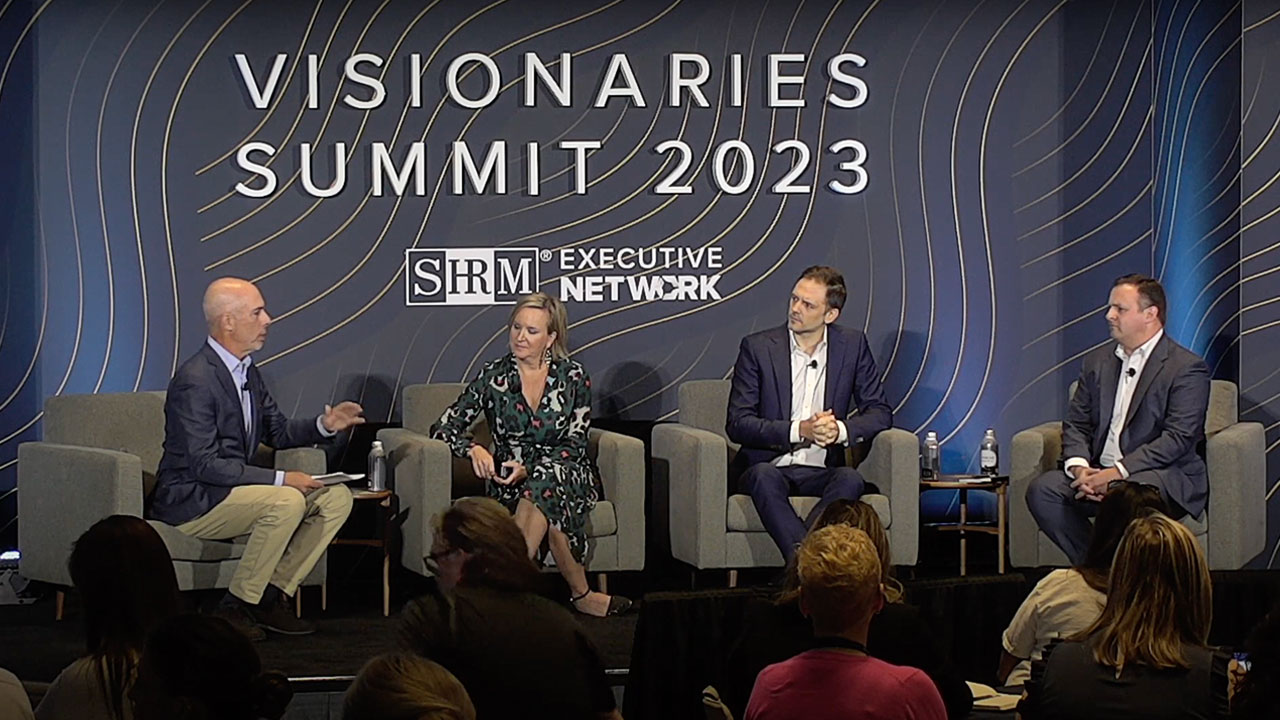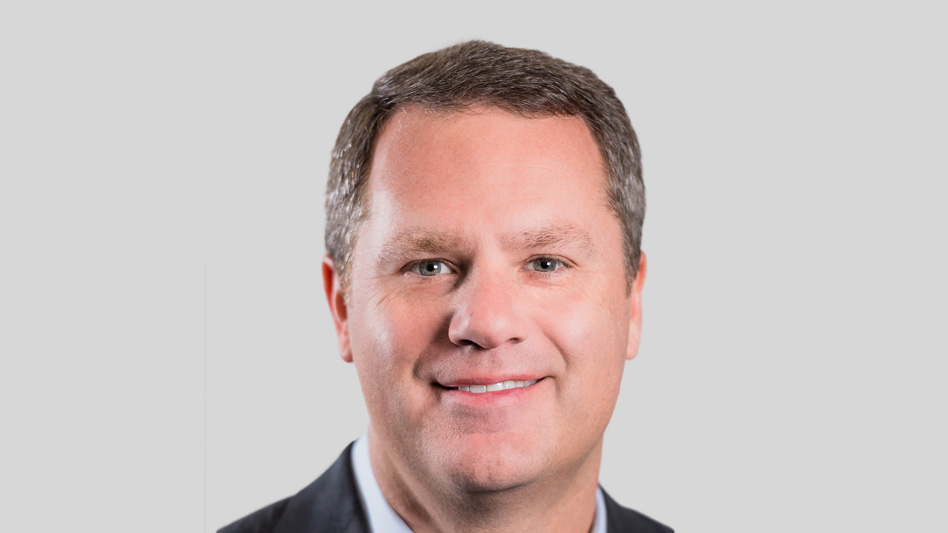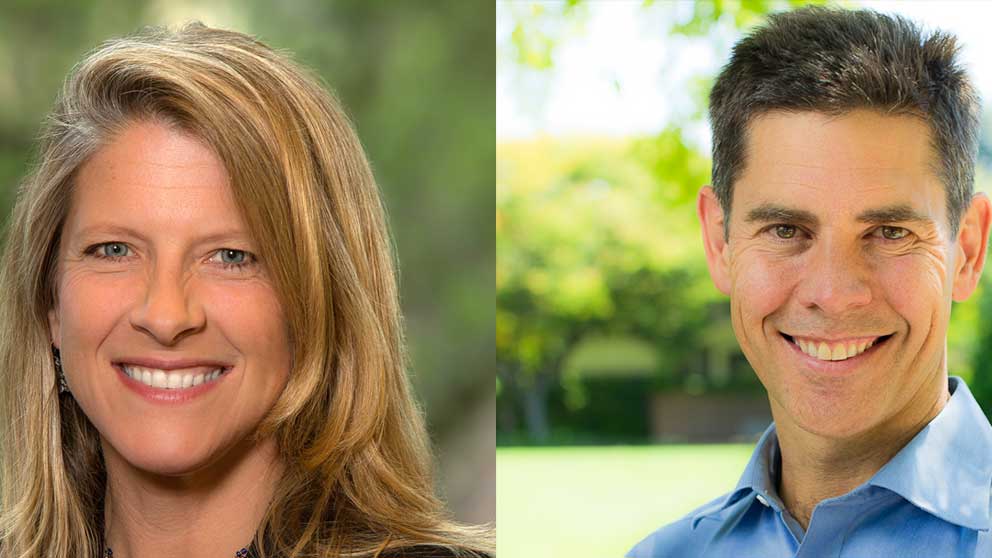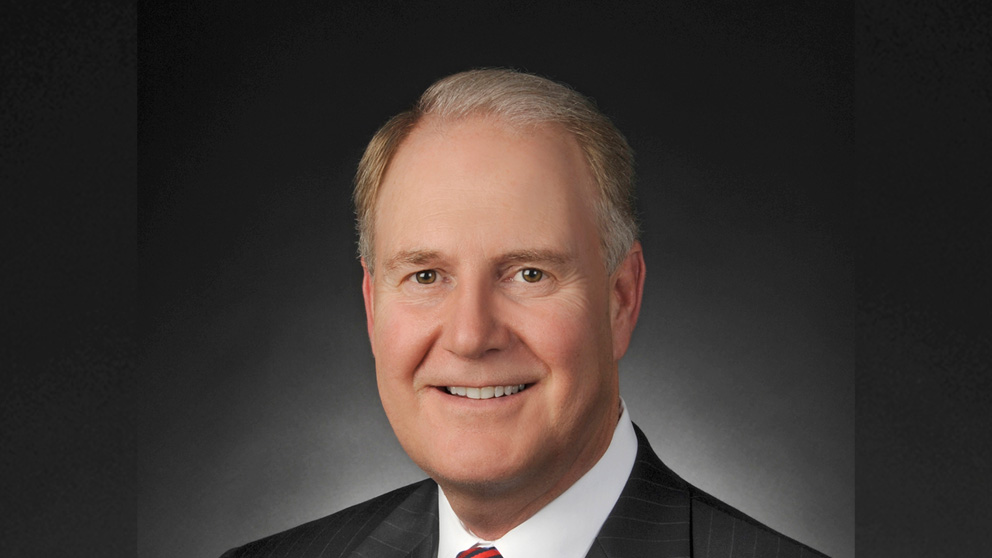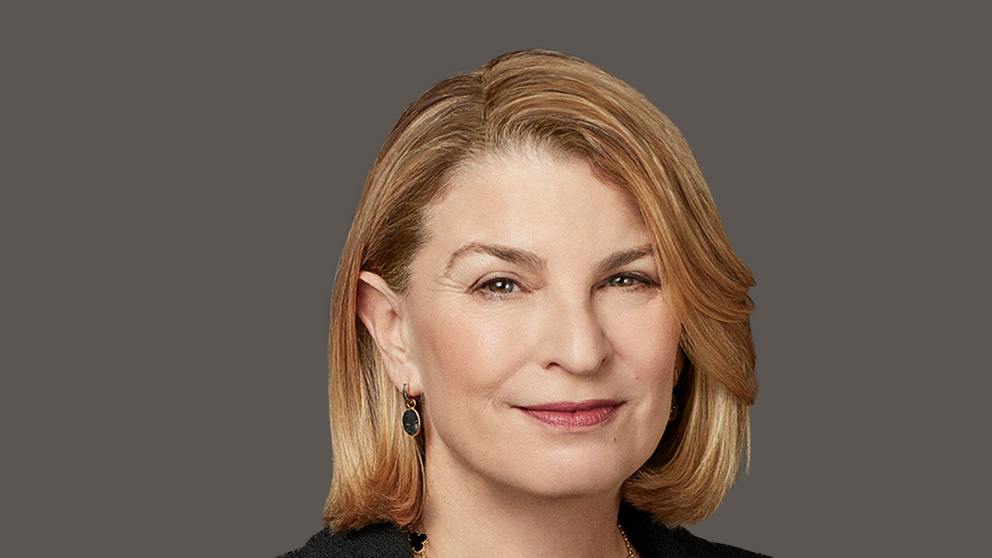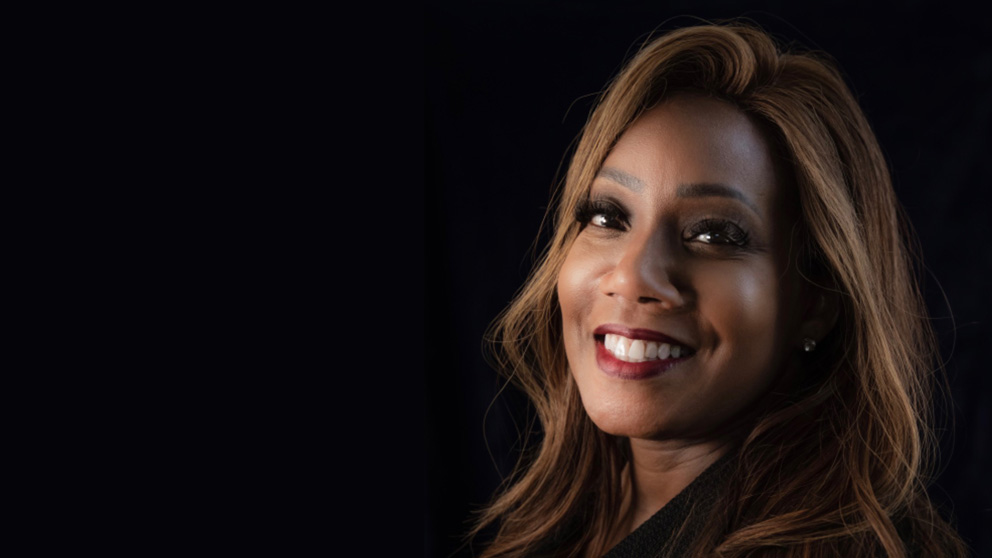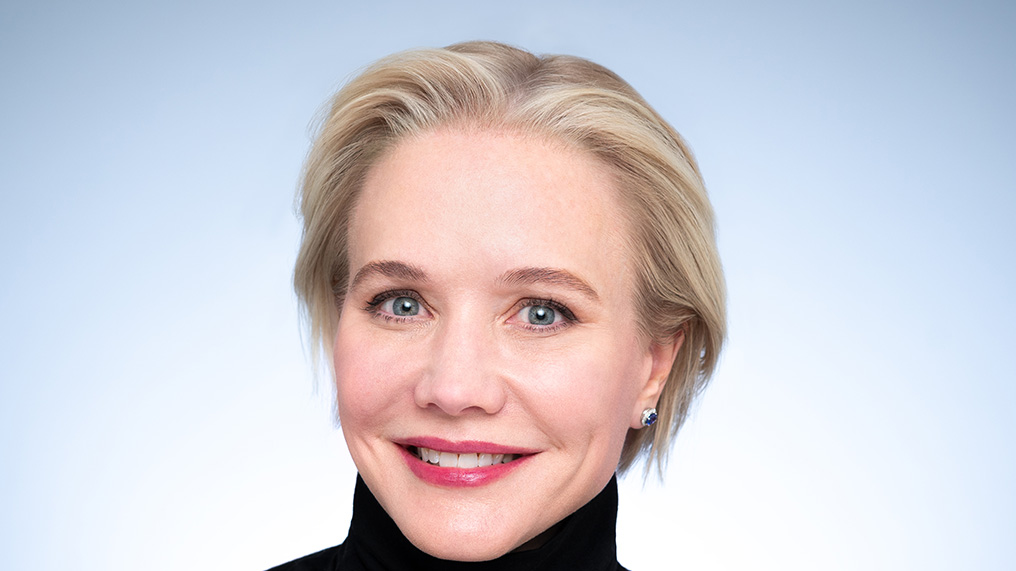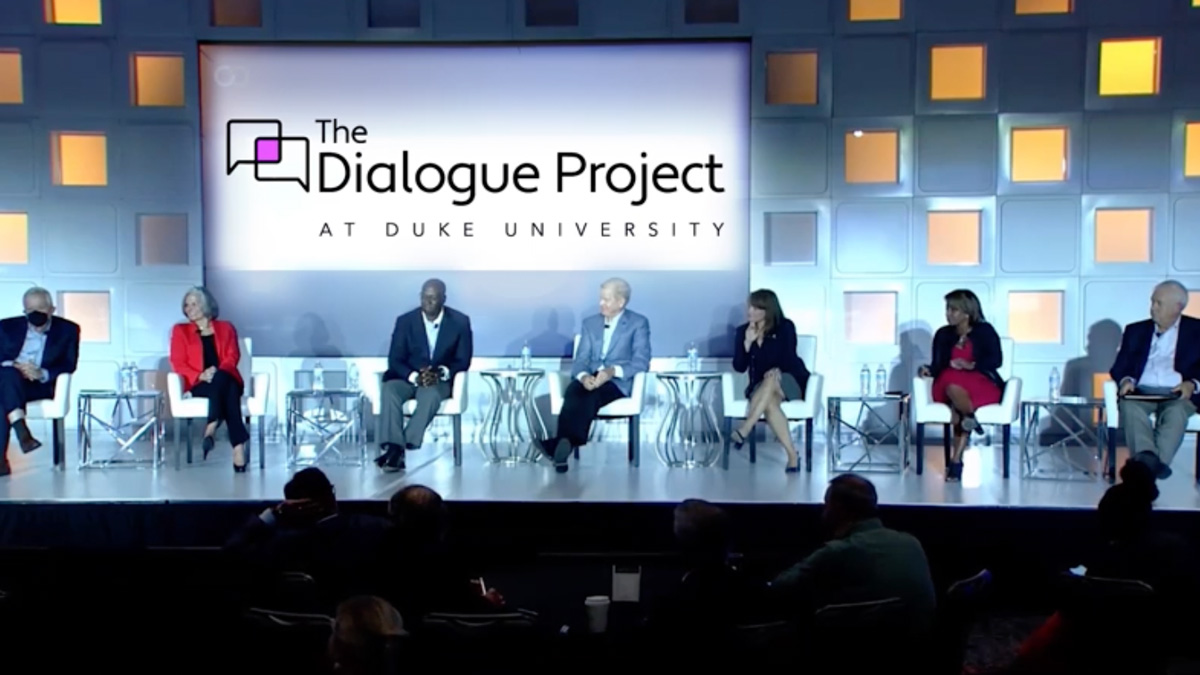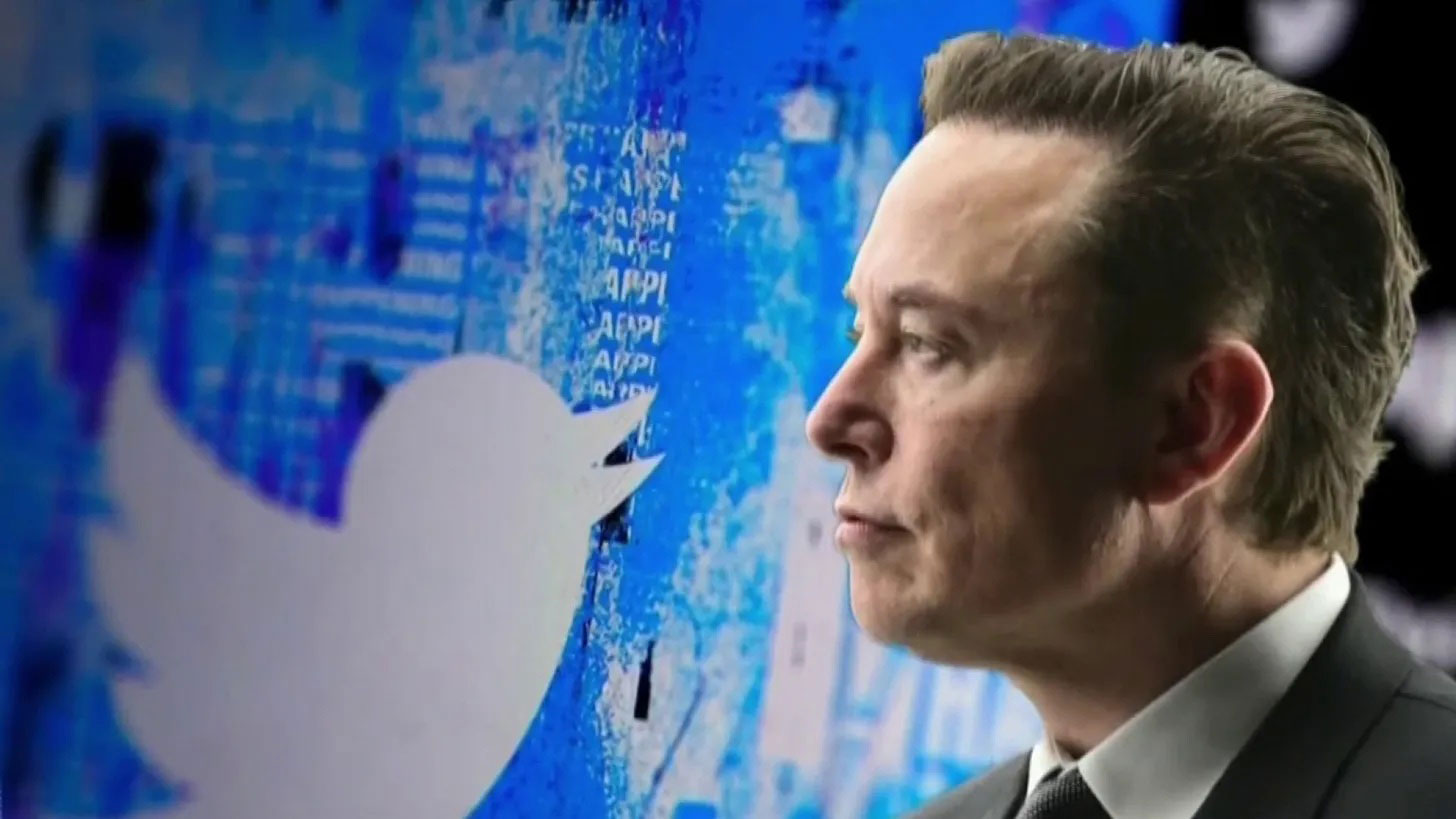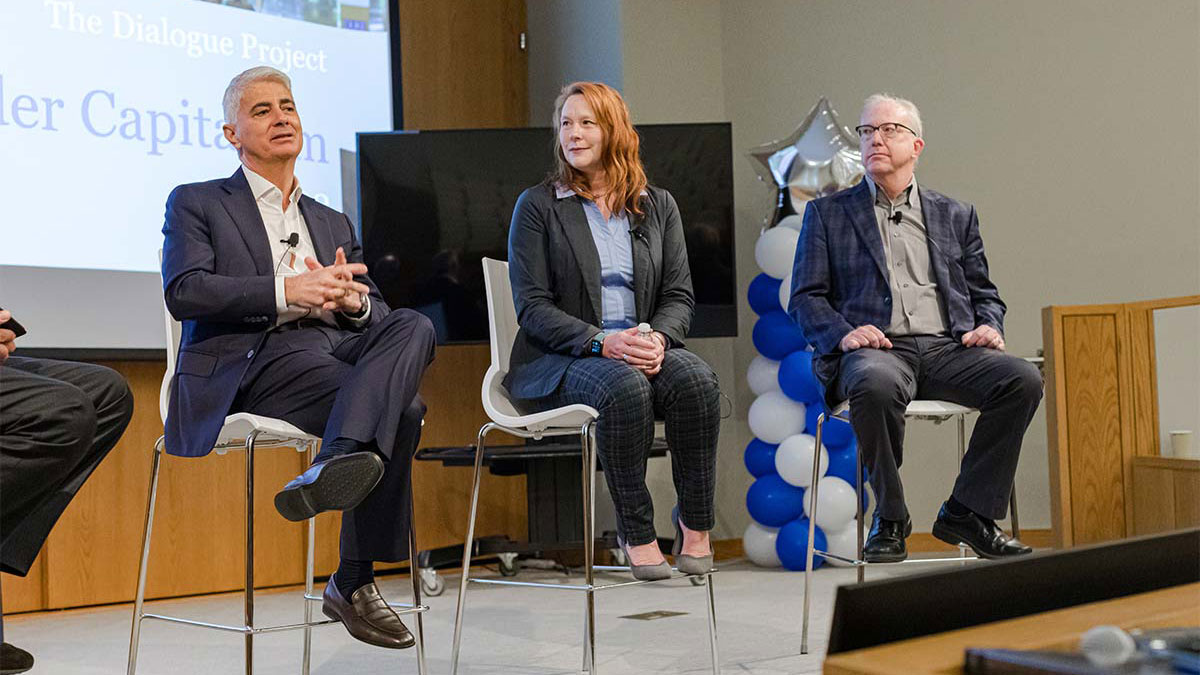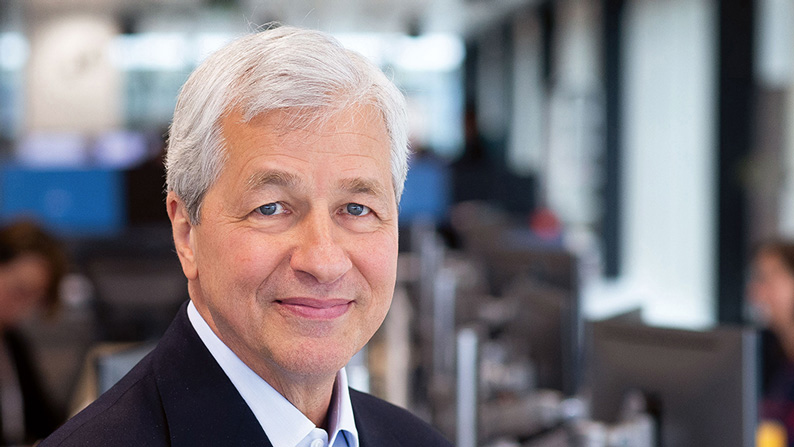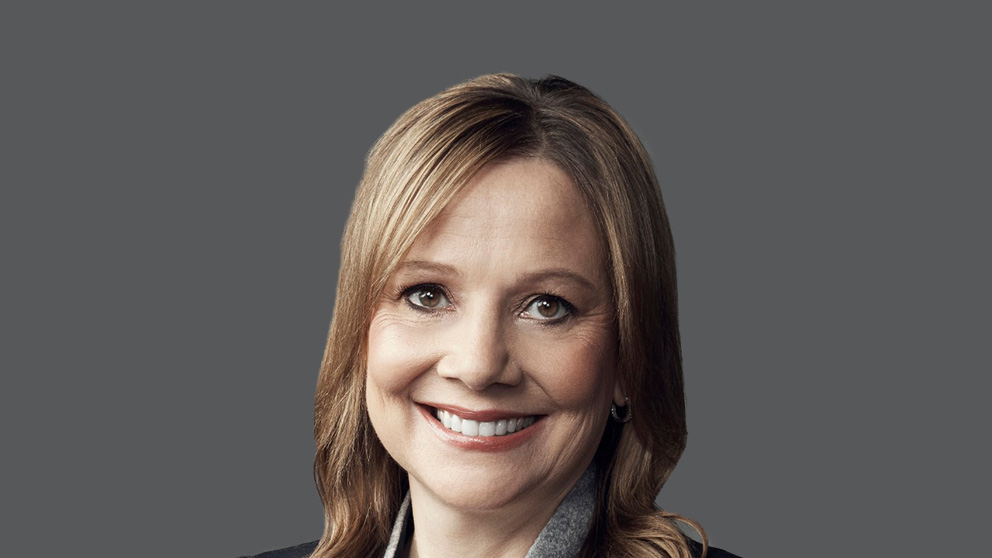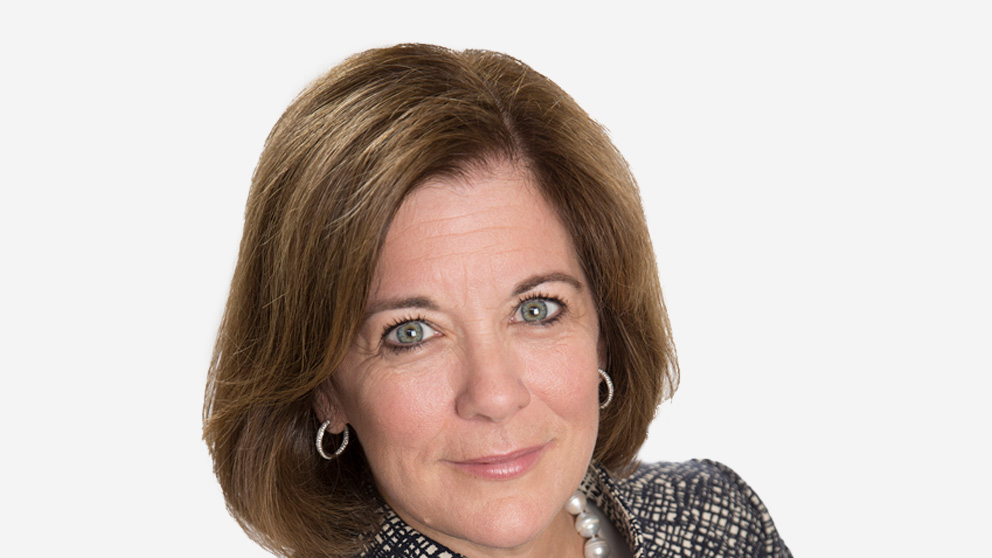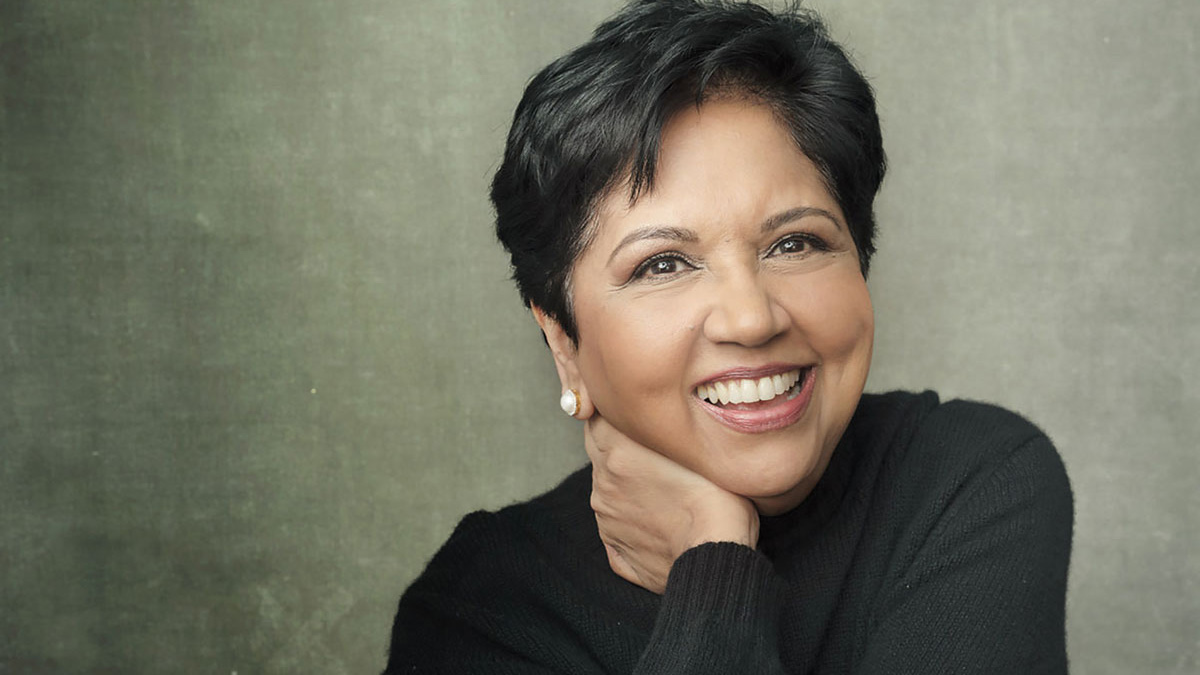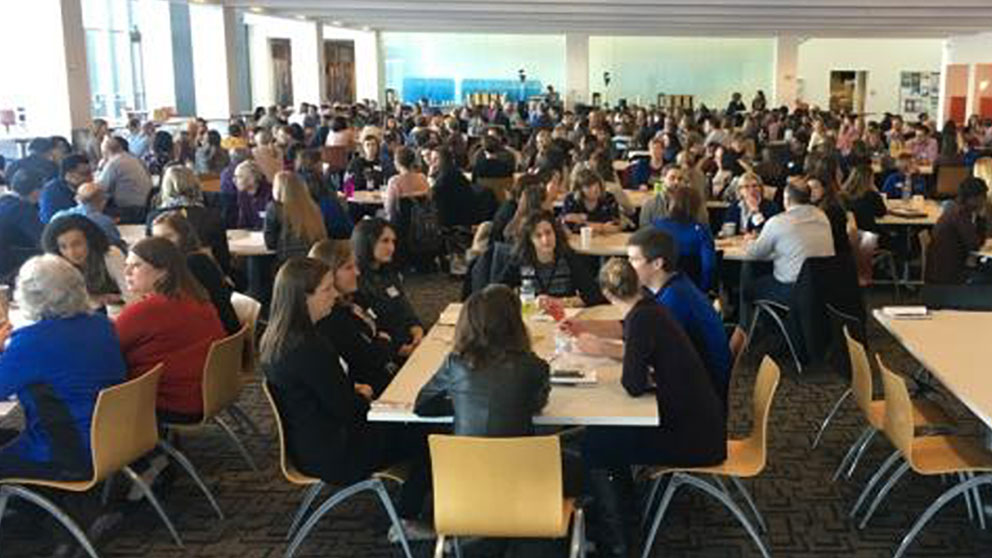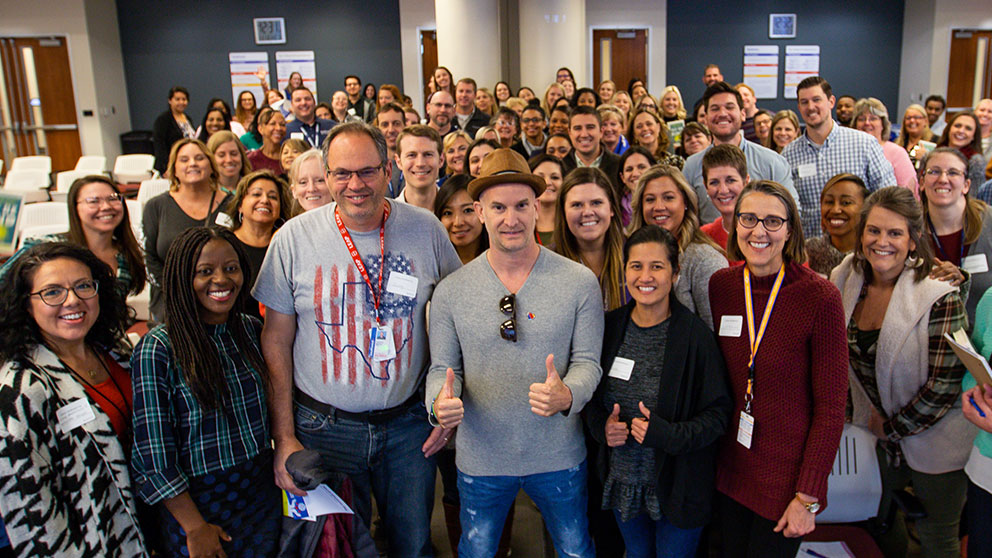All News
Duke is home to interdisciplinary experts and leading researchers in a variety of fields who are excited to share their enthusiasm and expertise with the world.
How Undergraduate Students Are Solving the World’s Toughest Challenges
Sophomore Zining Chen worked for months preparing for this moment on her campus at Carnegie Mellon. Now, she sat in front of a group of business leaders at Duke University’s Fuqua School of Business, explaining her business plan for how to use artificial intelligence to better train machine learning models to prevent gender bias in algorithms.
Mitigating Threats of Disruptive Employee Behavior
During The Current Political Season
The threat of disruptive employee behavior and even workplace violence is a major C-suite concern during this political campaign year.
A Company Mantra: “Do the Right Thing”
As the chief executive officer and chairperson of The Clorox Company, Linda Rendle knows well that environmental, social and corporate governance (ESG) and diversity, equity and inclusion (DEI) have become controversial concepts in some business and political circles.
Still Much to Learn From Fred Rogers
To state the obvious, it’s a complex world out there. You can’t read or watch the news, look at social media, or go anywhere without seeing the divisiveness in the world on so many topics.
The Power of Human Partnership
When I stepped into my role on July 1, 2020, the American public was thoroughly shaken by the pandemic, by the violence and crime, and by the tragedy and uncertainty we were facing as a nation.
Rebuilding the Common
By almost every measure, America is becoming more polarized. We often disagree not just about opinions, but about basic facts. And while researchers, political scientists, academics and others can debate the underlying cause, there is broad agreement that polarization by its very nature comes from the lack of the common.
The Threat of Polarization in a World Filled with Risk
My father set a powerful example for me. In public and in private, and in all of his dealings, he exemplified civility and taught me and my siblings the importance of doing your level best to support your community and remember how to draw on our collective traits.
Engaging on Social Issues: A Conversation with America’s HR Leaders
To tackle the problems of a highly polarized society, which virtually all corporate executives agree is not helpful to a productive business environment, business must do more to be part of the solution.
Our Best Ideas Come from Our People
I think the path to understanding begins with honest, open conversations. Deciding to listen with open ears and an open heart brings us together. We need to seek to really understand each other. We need to demonstrate empathy. If we can make these individual connections, we can strengthen our communities and nation.
This is a Time Active Participation
As the leader of an organization that empowers people to live better as they age, and as the mother of a son and daughter—both millennials—I am disheartened by the deterioration of civil discourse in this country. We have become a polarized nation. It appears dialogue, bipartisanship, cooperation and the ability to compromise have all but disappeared.
Open Dialogue by Closing the Digital Divide
As a college student in Argentina 35 years ago, we had very limited access to textbooks. When it came time to study, we had to check out books from the campus library, take them across the street to make photocopies of the pages we needed, and then return the books to the library.
We Must Fight the ‘Outrage’ Machine
As the nation’s political polarization teeters on the toxic, the downstream consequences are becoming apparent. These include political gridlock, erosion of faith in institutions, extremism, social unrest, and even violence. This begs the question: Why are Americans so bitterly divided over politics? Did we choose this?
Action for Democracy: A Crucial New Role for Business Leaders
In 2019, nine in 10 business leaders reported feeling concerned about the state of our democracy. Half felt they had a personal responsibility to act. They are not alone—even before the pandemic, large majorities of Americans expressed dissatisfaction with the direction of the country, and trust in American democracy is falling.
It’s Time to Embrace Love and Compassion
Southwest Airlines’ legendary founder, Chairman-Emeritus, and my mentor and friend (and hero!) once wisely said, “The business of business is People.” Herb Kelleher had it right, as he always did.
Business Must Enable Our Collective Humanity
During 2020, COVID-19 has quickly demonstrated how truly interconnected we are as a global society, but geo-political, economic, and racial tensions, paradoxically, have at the same time magnified our differences and overshadowed what unites us – our collective humanity.
Build a Reputation on Doing
During days spent in the federal government early in my career, I formed a theory. I believed it was business (and usually big business) that had a greater capacity than government to advance civil society.
This is America’s Watershed Moment
This year we have seen a financial pandemic hit with tremendous force as companies and businesses closed or reduced their workforces at a record-setting pace. This was not about maximizing profits; it was about pure survival.
Free Market Politics Fosters Innovation, Discourse and Results
The health of our democracy is unconditionally linked to our ability to freely talk about it and that we have a marketplace of ideas and public venues in which we can test our thinking—right or wrong, without risk to our personal liberty—is arguably as important as who wins or loses the elections that determine the fate of those ideas.
Business Must Play A Greater Role In Reducing Polarization
Few things are more troubling to our society than the polarization gripping our country. It impacts our ability to deal with the most pressing issues of the day, ranging from climate change to energy production and consumption, from public health to economic growth.
Managing Crises & Politics in Polarized World (Video)
The Dialogue Project recently staged a crisis simulation exercise at the annual conference of the Page Society, the global association of chief corporate affairs officers. Using a hypothetical but highly realistic event, and with the participation of some of the world’s most admired leaders from business, government and journalism, the session explored how a multinational organization must manage a range of stakeholder demands as it confronts a crisis that combines a global public health issue with the politicization that unfortunately accompanies it.
Twitter and Its Advertisers: “Quiet Influence”
Business will be a big voice in Twitter’s future direction
“The Chaos Machine: The Inside Story of How Social Media Rewired Our Minds and Our World” by Max Fisher
Author Max Fisher takes a deep dive into the role social media plays in our current state of polarization.
the risks and rewards of stakeholder capitalism
This spring, The Dialogue Project, a program inside the Fuqua School of Business that explores what role business can play to help reduce polarization in our society, hosted a discussion as part of the school’s alumni reunion weekend, in which …
Executive Pay Tied to ESG Goals Grows As Investors Demand Action
Lydia Beyoud in Bloomberg Law reports on the growing trend to tie executive compensation to measurable objectives in the ESG space.
The Five Stages of DEI Maturity
Ella Washington writes in the Harvard Business Review that many CEOs and Chief Human Resources Officers throw up their hands when dealing with DEI (diversity, equity and inclusion).
Listening with Respect
As CEO of Merck, Ken Frazier didn’t shy away from taking a position or making a statement that he knew some employees might disagree with. But whenever he did so, he also listened to their views.
Corporate America’s Moral Responsibility
We live in an increasingly complex world where companies, governments, unions and special interest groups vie for time, attention and favorable circumstances for their respective institutions.
This Group Has $100 Million And a Big Goal: To Fix America
“In February 2020, in the midst of a vitriolic presidential election, an idealistic group of donors from across the ideological spectrum met to plan an ambitious new project,” writes Farah Stockman in the New York Times.
How Business Leaders Can Reduce Polarization
In the Harvard Business Review, authors Martin Reeves, Leesa Quinlan, Matthieu Lefevre and Georg Kell explore the phenomenon of increasing expectations that companies should practice “corporate statesmanship” by playing a more visible public role in social and political issues.
the lost art of listening
Discord and divisiveness are not new conditions in America. But the degree to which this country is divided and polarized today is unprecedented.
we must all strengthen the ‘governing center’
In business, building consensus is a fact of life. The companies, both large and small, that ultimately succeed are those propelled by a can-do spirit and a relentless drive for solutions.
the calculus of engagement
Companies and researchers outline frameworks for speaking out on societal issues
The Dialogue Project
How Business Can Reduce Polarization and Build Common Purpose
companies can be a force for good
When Indra Nooyi assumed the role of CEO at PepsiCo in 2006, she says the company was in strong fiscal shape.
Combatting Disinformation and Speaking Out
Albert Bourla, CEO of Pfizer, says he experienced two very different reactions in society related to the development of the company’s COVID-19 vaccine. The first was a hero’s welcome.
3 In 10 Americans Named Political Polarization As A Top Issue Facing the Country
In this piece from FiveThirtyEight, authors Geoffrey Skelley and Holly Fuong, in collaboration with Ipsos, provide a lot of deep data on the state of political polarization in America — much of which was borne out in the midterm elections.
America Must Step Out of This Self-Destructive Zombie Dance
This provocative piece by Amanda Ripley in the Washington Post takes a look at how we can reduce conflict in civil society by adapting some proven de-escalation techniques used in conflict zones.
To Build a Better Society, Start with Better Arguments
In partnership with the Aspen Institute, Allstate is a major sponsor of the Better Arguments Project, a program that teaches how to have healthier, more productive conversations with those who hold differing views.
Engaging Leaders in the Niger Delta
Chevron wrote a new community development playbook in one of the world’s most troubled regions. The new model, which encourages and rewards compromise, is off to a promising start.
Tackling Tough Issues Through Courageous Conversations
Courageous Conversations, a guided discussion series sponsored by General Mills, is showing that people can discuss the difficult issues with open minds and respect for all.
Taking Kindness and Civility Beyond Competition
Southwest, long known for its heart, is promoting civility and kindness as values that work for its employees—and for everyone else.



